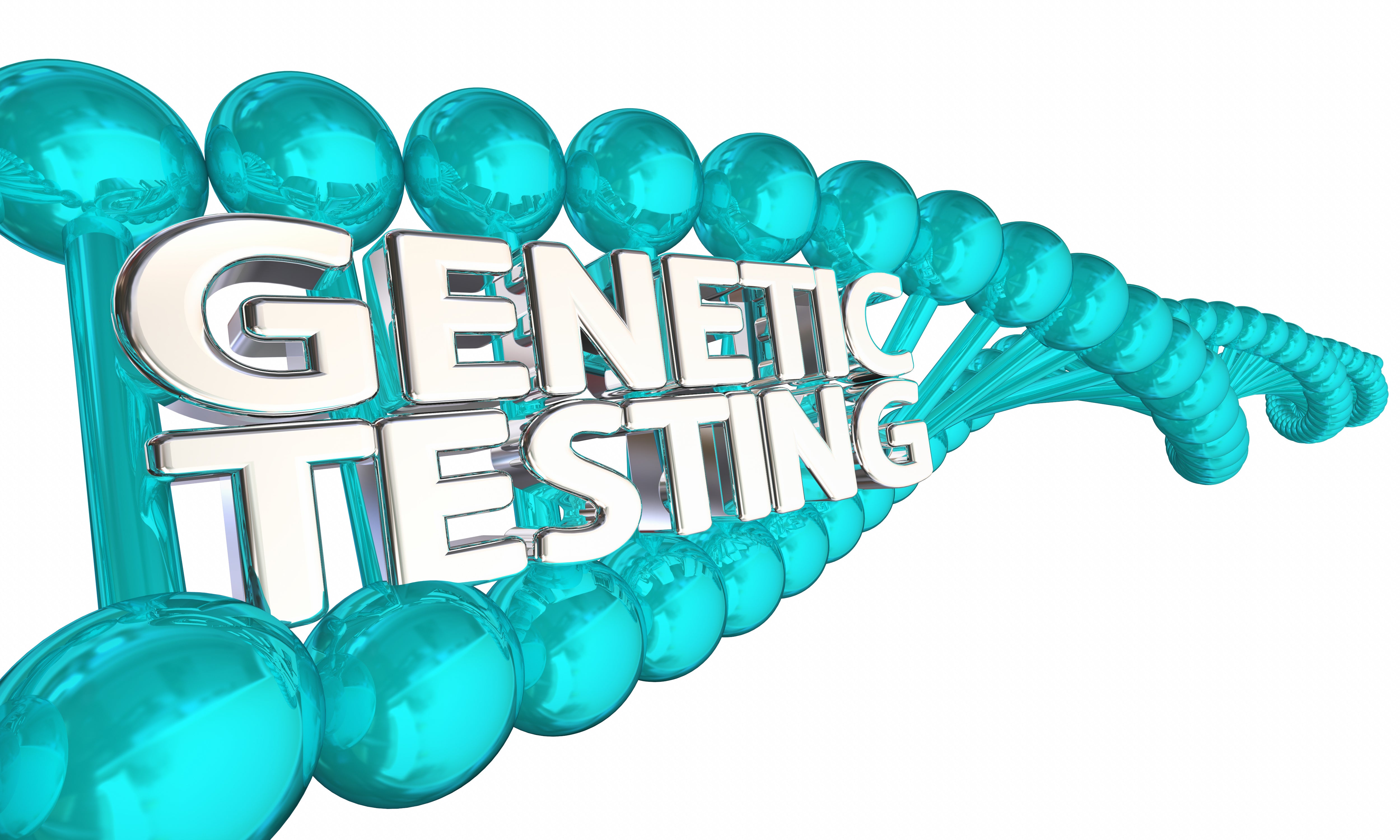
DNA and genetic tests are medical tests that can identify mutations in genes, chromosomes, or proteins. They can show whether you have a genetic condition – or a risk of one developing later in life.
On the surface, these tests seem like a no-brainer. In real-life experience, they’re a bit more nuanced. The scientific part is easy. The emotional and privacy implications, a bit more complicated.
Genetic tests have come a long way since their genesis, and are still evolving. The price tag has come down substantially, while the information the tests convey has improved dramatically.The testing results you can get today weren’t even remotely possible 20 years ago.
So, should you get tested or not? Let's explore the implications.
What Genetic Tests Look At
Genetic tests are also called DNA tests.
These tests identify changes in your genes, chromosomes, or proteins to confirm or rule out a genetic condition.
Some tests assess genetic mutations that can increase your risk for disease. Gene testing may examine one, a few, or all your DNA.
Chromosome testing examines your long strings of DNA (called chromosomes) for abnormalities, such as an extra copy of a chromosome.
Protein testing analyzes your enzyme activity and chemical reactions. Protein problems may imply DNA changes linked to certain genetic conditions.

Types of Genetic Tests
Predictive testing looks for changes that increase your risk of developing certain diseases. This helps predict genetic disorders before you’re symptomatic, so you can take preventative action while time is on your side.
Diagnostic testing confirms or rules out specific genetic diseases. They’re often used to confirm a diagnosis if you show symptoms of a disease. Diagnostic tests are generally disease-specific, not broad.
Carrier Testing. If you already know that a certain condition is prevalent on one side of your family, carrier testing can inform you whether you carry a copy of a mutated gene also. It helps you know the risk of passing the disease to your children.
Newborn screening is done shortly after birth to find out whether the baby is at risk for certain genetic, metabolic, or hormonal conditions.
Prenatal Testing screens for certain conditions that are passed from parent to child during pregnancy.
How Does Genetic Testing Work?
Your healthcare provider (or test kit) will collect a sample with a swab in your cheek (in the case of this week’s podcast guest, Dr. Dunn) or alternatively blood, hair, etc.
Your sample goes to a lab, where technicians screen for changes in your genes, chromosomes or proteins. Lab techs send your test results to your healthcare provider or genetic counselor.

Genetic Test Risks
There’s little physical risk to most genetic tests. Exception: Prenatal tests may carry risk of miscarriage because it takes amniotic fluid from around your developing baby.
The greater risks are emotional and financial.
For example, if you get unexpected results, you might feel angry, depressed, anxious, or even guilty.
And although the costs of genetic testing have come down greatly, it can still cost several hundred dollars, depending on the test.
Insurance may cover the test. But you may not want your results go into your healthcare database, out of privacy concerns. (More on this in a moment.)
DNA Test Results – The Good, the Bad, and the Uncertain
One of the biggest benefits of genetic testing is that you know what you’re working with, health-wise.
There is power in knowledge.
Fortunately, your DNA does not have to define you!
It’s what you do to turn on or off your particular DNA that determines whether or not you manifest the disease.
Dr. J. Dunn, our podcast guest, says that the whole point of predictive testing is that we can do something about these things. We can tweak diet, lifestyle, and supplements to turn your genes off and on... to rebalance the genetic components.
Forewarned is forearmed, as they say.
If you know for example, that metabolic dysfunction and high blood sugars are a genetic problem for you, you can slash your sugar consumption and take supplements such as UltraMetabolic, which is intended to help stabilize blood sugars throughout your day, reduce the blood sugar peaks and valleys, and ease collateral organ damage.
So you really don’t have to sit on your hands in worry and anxiety... if you’re willing to take matters into your own hands and adjust your diet and lifestyle.
Of course, there are ways in which it’s not quite that simple. If you test positive for breast cancer, do you go the Angelina Jolie route of removing both breasts? Or do you take the position of watchful waiting along with lifestyle measures?
On the other hand, your test may come back negative for certain risks, and you can breathe a sigh of relief. However, that might make you sloppy about diet and lifestyle.
You could possibly get an uncertain result – a genetic mutation without information about whether it’s disease-causing or not. Everyone has certain DNA changes that don’t affect their health, so don’t worry too much about that.
Key advantages:
1. It offers actionable insight.
2. It reduces uncertainty.
3. You can take action.

Pay Attention to Privacy
If you’re not careful, your genetic testing results could become part of your medical record or otherwise be used in ways you don’t intend.
While there are now laws in place to (partially) protect you from discrimination (hiring, firing, promoting... and using it as a pre-existing medical condition for health insurance), genetic testing results may still be used as a factor in disability, life, and long-term-care insurance.
There’s a lot of information obtained from that tiny sample from your cheek.
If you don’t want your information circulating out there, use a testing service that offers stepped-up confidentiality, such as MyHappyGenes.com offered by our podcast guest, Dr. J. Dunn.
There the only thing that goes to the lab is a little barcode. No name or defining information. When they get the test results back, they tie it to your email (which can be a phantom email if you wish). Then they destroy the sample.
By using a service that values confidentiality, you’re reducing your risk of your private information getting out there to your medical records or beyond.
This Week’s Podcast – Hear My “Live Genetic Reveal”
I recently got my genes tested with Dr. Dunn and www.MyHappyGenes.com. Join us for our “Live Reveal”... where Dr. Dunn goes through my test results live on the air.
It’ll give you an idea of various components of genetic testing.
You can listen to the podcast here.
If you missed our previous interviews with Dr. Dunn in August, take a little time to hear Part 1 and Part 2 of her incredible genetics story. No wonder she’s so passionate about genetic testing! Maybe you can finally avoid some of the health traps your parents and grandparents succumbed to.



